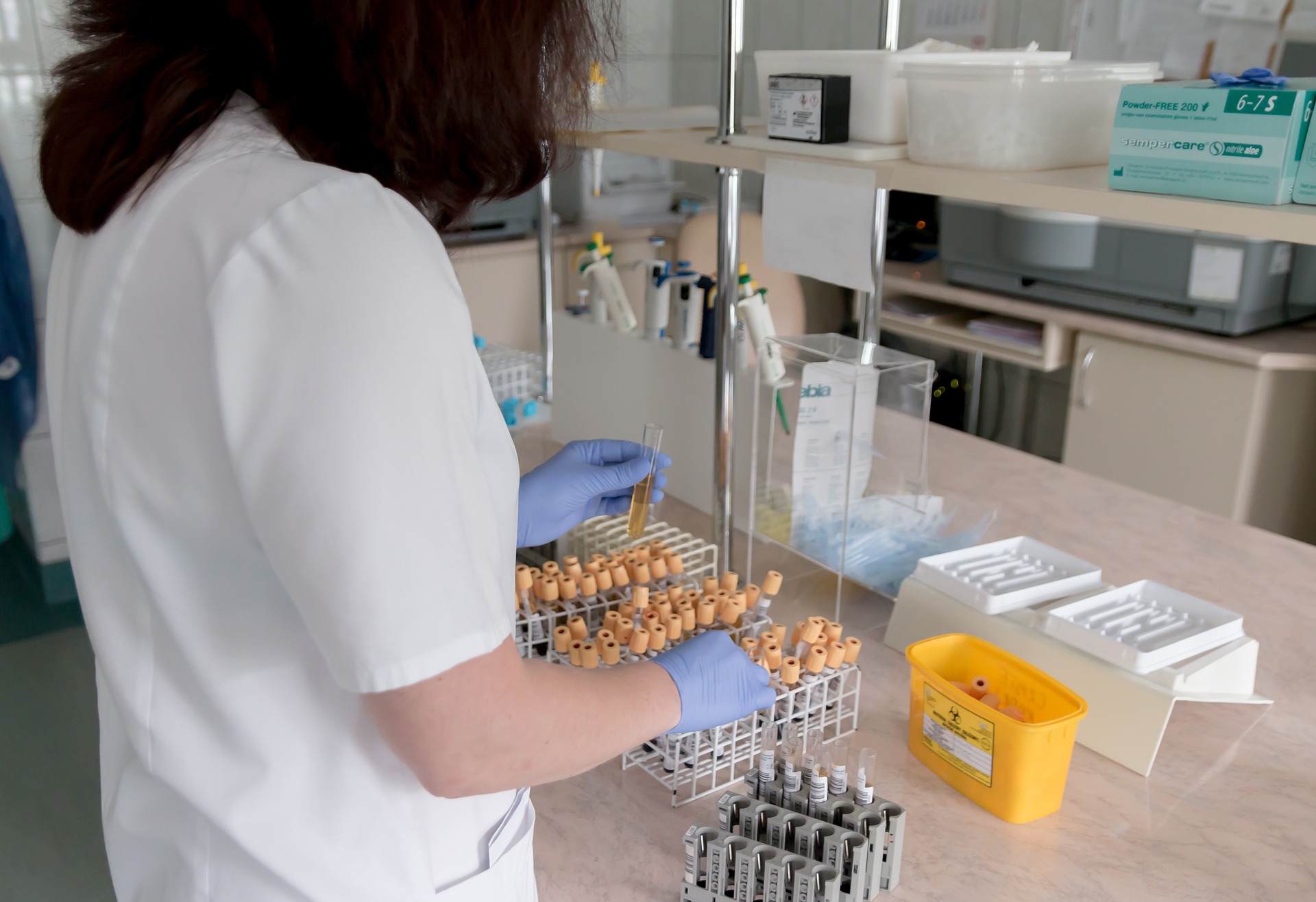Dr David Sinclair knows a thing or two about getting old. The Australian-born geneticist is Professor of Genetics at Harvard University in the US and has received more than 150 awards for his ground-breaking research.
His latest book, Lifespan, reveals that everything we think we know about ageing is pretty much wrong. In the book, he writes, “Aging is a disease, and that disease is treatable.” Dr Sinclair believes that it should be possible for us to choose our own lifespan.
The secret is, apparently, ‘vitality genes’, which have only recently been discovered. They are believed to be both the cause of ageing – and the key to reversing it. Dr Sinclair says new emerging technologies and some simple lifestyle changes can trigger those vitality genes into action. The lifestyle changes include intermittent fasting, cold exposure, exercising with the right intensity, and eating less meat – all activities that already are known to be connected with slowing down the ageing process.
The molecules are being tested on mice – but Dr Sinclair told journalist Ceridwen Dovey from The Monthly website that he estimates at least a third of his scientific colleagues are taking some version of these “anti-ageing” molecules – as he does – and they believe it could increase their health spans by as much as 10 years.
Dr Sinclair says when he first studied genetics as a young man at the University of New South Wales, he was told that ageing research was a ‘scientific backwater’ – but today, the world’s scientific publications regularly carry articles about ageing research.
But Dr Sinclair’s research is not without controversy, because if scientists researching into the ageing process agree on anything, it is that there are multiple causes. And while Dr Sinclair may say that ageing should be treated as a disease, because it is something that happens to all of us, America’s Food and Drug Administration refuses to classify it as such.

Dr Sinclair believes that far from being an inevitable process, ageing happens because of chemical signals that are sent to the human body’s genome, which is an individual’s DNA with all the genetic instructions for our bodies. He says that, rather than focusing on editing our genes, the secret may be to change what instructions are sent to the genome.
One compound that has already become well known which seems to be able to change those instructions is resveratrol, a molecule found in grape skins and in small quantities in red wine. This is the molecule that Dr Sinclair gave his mother which he believes extended her life by two decades. But many scientists still have their doubts about the benefits or effectiveness of resveratrol.
Dr Sinclair has moved on from resveratrol research now, and is looking into molecules that boost the levels of a crucial compound in our bodies called oxidised nicotinamide adenine dinucleotide – a process he believes is much more effective than resveratrol.
It’s research that, if it develops into a ‘cure’ for ageing, is world changing. Ageing and death has always been something that will happen to all of us. So how does the prospect of being able to delay the process affect the way we live our lives? It doesn’t just affect the way we feel about our own lifespans – it affects many aspects of day to day life. If our working lives could be extended a decade or two – so we didn’t retire until we were in our eighties – what would that mean for job prospects for younger people? What would that mean for pensions? If we live longer, what will that mean government expenditure? But if we’re healthier, does that mean older people will be less of a strain on national health services?

Dr Sinclair’s research is fascinating and his book gives an insight into the highs and lows of scientific research. What the result of his research could mean – only time will tell. Providing we live that long, of course!
Dr Sinclair’s book, Lifespan, is published by Thorsons/Element for AU$21 and is available from all the usual suspects, including Amazon.
